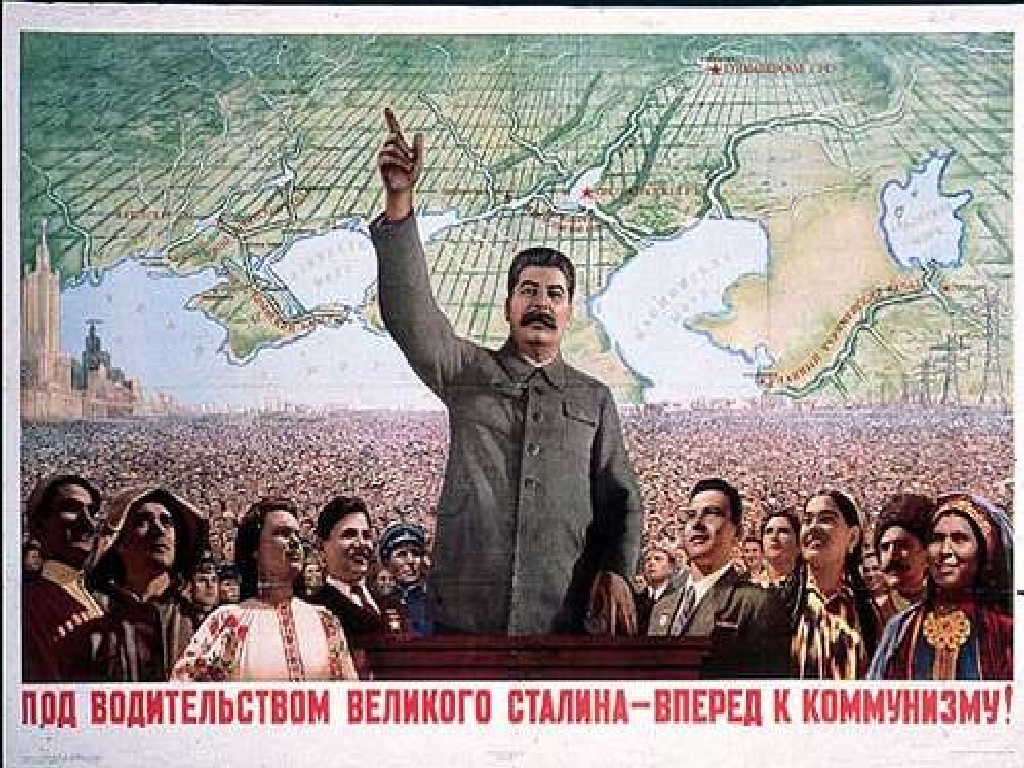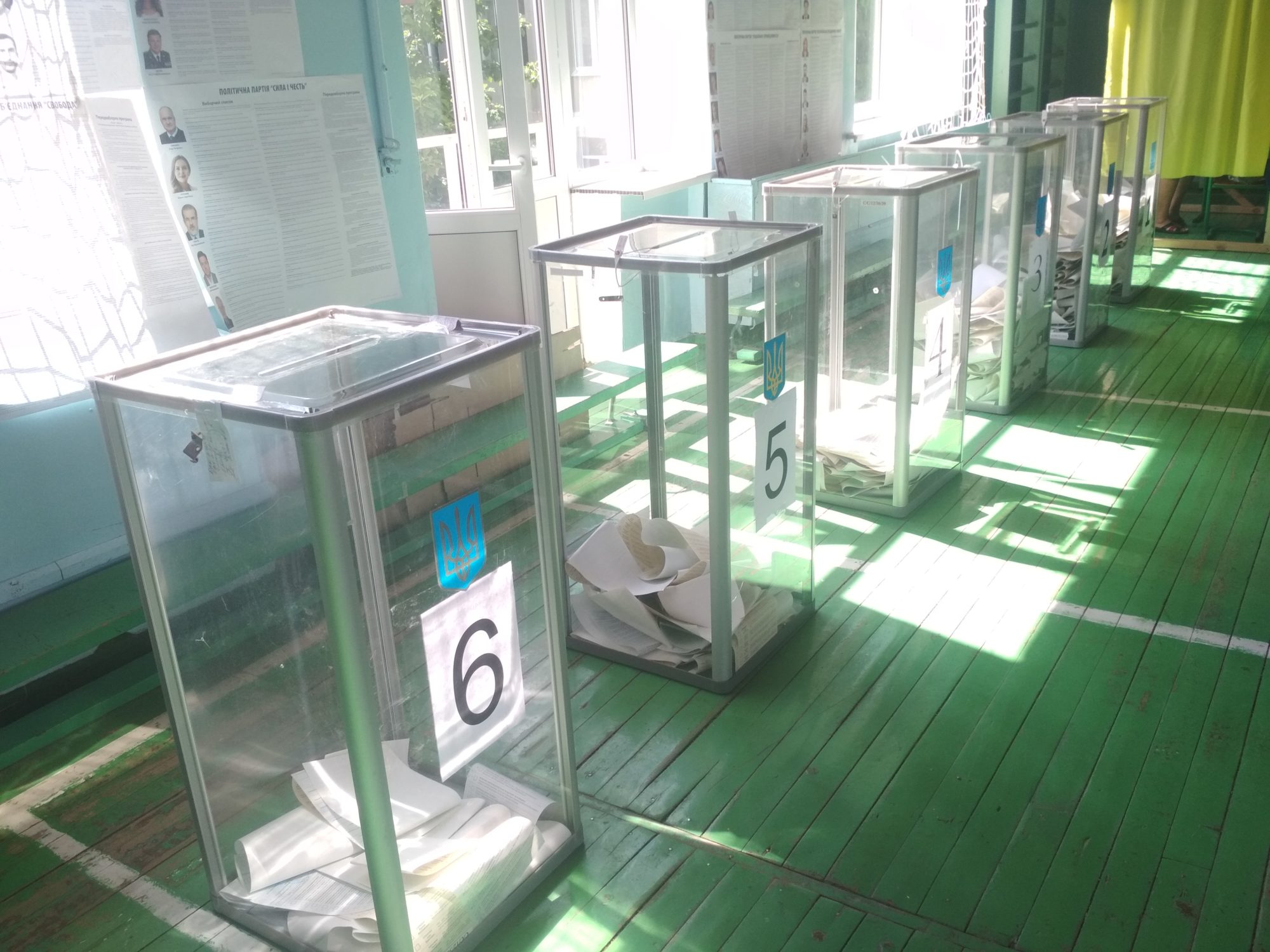In the evening of 25 October 1917, a blank shot from the forecastle gun of the Cruiser “Aurora” signaled the start of the assault on the Winter Palace in Saint Petersburg, which was to be the beginning of the Bolshevik Revolution. Her salvo introduced a new political class – the proletariat – to the rulers of the Russian Empire. This political movement was led by the Bolsheviks – “the Majority” – the wing of the Communist Party led by Vladimir Lenin, and its instruments were war, terror, deliberate starvation of millions, repression, and deportations. And although Bolshevism has long ago ceased to be the sole political idea in Ukraine. Consequences of that Avrora's blank shot are still felt to this day.
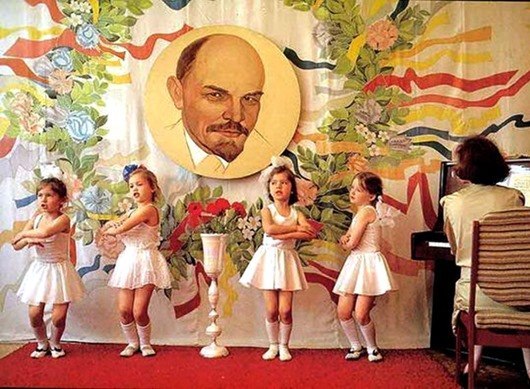
In 2012 the Institute of Global Politics analyzed, in a special investigation, the effects of post-Soviet life in the politics and societies of several countries which once constituted the USSR, and discovered no small number of common features. Inherent to each was a single and similar worldview, reflected in the behavior of people and which displayed itself in politics.
Life strategy of post-Soviet people
Paternalism. Post-Soviet people overwhelmingly look to the state as a holy, all-powerful authority which must offer solutions to all problems.
Conformity. Post-Soviet people, when making decisions or plans, often take consideration only of “what other people would say”, or decide “I want to be like everybody else.”
Late Adoption of Innovations and Fear of Reform. Post-Soviet people very often do not understand the significance of reforms, and neither adopt nor desire changes. The fear of reform was created in Soviet times by collectivization and industrialization.
Intolerance. Post-Soviet people are not always ready to understand or willingly tolerate people of other cultures, societies, religions, or sexualities.
Opposition to Individualism. Individualism is not valued by Soviet people. This phenomenon may be observed in the low value which post-Soviet individuals place in themselves.
Social Alienation. Post-Soviet people feel alienated from even their closest social surroundings. They may throw their garbage in the elevators and dirty the walls of the buildings in which they live. They feel only minimal responsibility towards each other.
Undervaluing Talent and Knowledge. The overwhelming majority of post-Soviet people are unable to appreciate talent, capability or mastery of skills in other people.
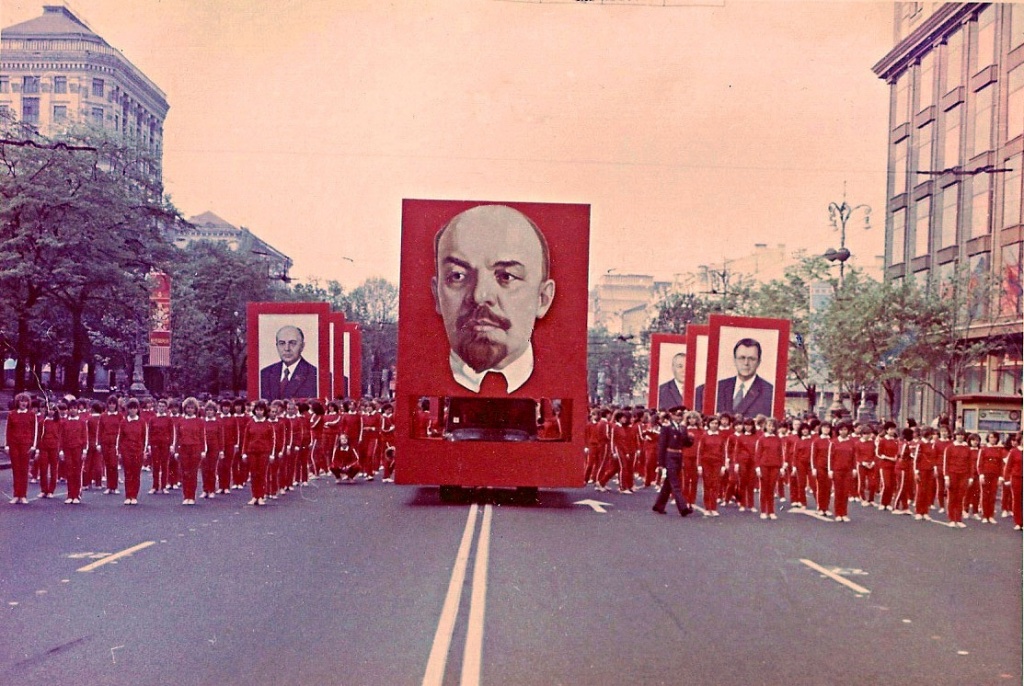
For several years these tendencies, despite the warnings of experts, became the political mainstream. The prevalence of populism in contemporary Ukrainian politics is something about which everybody speaks. But not a single Ukrainian politician has ever lost voter support by lying. And none ever took political responsibility for it.
Which traits of Soviet mentality predominate in Ukrainians
Sociological investigations up to the present have determined certain Soviet traits which dominate the mentality of Ukrainians: inclination towards simplification of the situation, antagonism towards one another, intolerance and a split morality.
They vocally criticize political corruption and peacefully tolerate a corrupt way of life, with a Bolshevik flourish they generalize all flaws and refuse to notice the benefits.
For example, research by the Institute of Sociology has shown that the majority of Ukrainians consider others immoral. In one questionnaire 70.8% of those surveyed affirmed the belief that other Ukrainians would commit dishonest acts for their own benefit. According to Yevhen Holovakha, a sociologist, this reflects the fact that a part of Ukrainian society is attracted towards a simplification of any situation. Instead of distinguishing for themselves who acts ethically who does not, most prefer to think of everybody as unethical.
Educated people, according to Holovakha, are less likely to consider others unethical and are less inclined to generalize about the immorality of society as a whole, even if they encounter dishonest behavior in multiple situations. An example of the difference in perceptions is illustrated by posing a question to students, whether or not they would tell their teacher, if their friend wrote on a desk. In the post-Soviet system of values to do so seems unethical, even a betrayal. On the other hand, most European students responded that they would tell their teachers. Holovakha explains: the majority of affirmative responses (“Yes, I would tell the teacher”) came from wealthier countries.
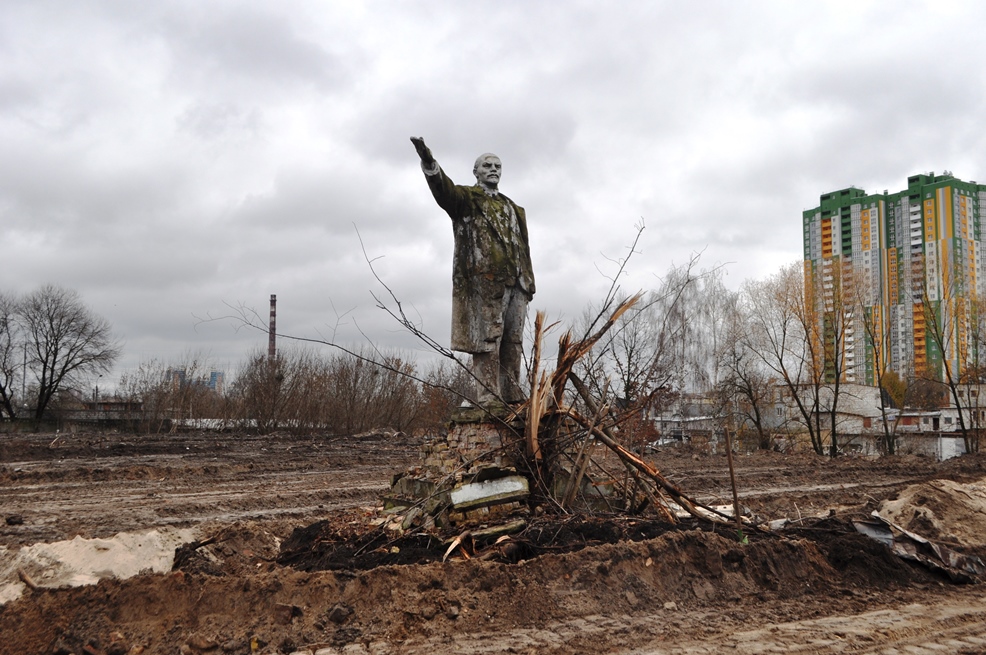
The 2016 sociological questionnaire entitled “Who are We and who do We Imagine Ourselves to be?” from the Renaissance and Democratic Initiatives foundations showed that despite the perception of change reflected in society, only a minority of Ukrainians are ready to change their own behaviors. Ukrainians noticed the rise of citizen activism, but most remained passive. 50% of respondents considered themselves more ready to take part in civic organizations, but only 18% of those questioned actually took part in activism. 43% considered that they were more willing to take part in political life, but only 12% actually took on a greater role in politics. The result, sociologists believe, attests to the sidelining of society from politics.
The same division was observed in questions over the control of the civil authority. 44% of those questioned believed that participation is rising, versus only 16% of respondents who were ready to take more control over civil authority.
The resolution of problems is in the hands of others
Questionnaires show that the majority of Ukrainians believe others are capable of dishonest actions, though they will not believe themselves capable of dishonest actions. Ukrainians witness changes in society, but demonstrate an unwillingness to likewise change themselves. They take note of civic activism around themselves, but nonetheless choose to remain passive. They celebrate the success in taking control of authorities, but they show no similar willingness to exercise self-control.
Experts have begun to speak about a new aspect of paternalism: instead of all-embracing faith in the state, a new faith is forming in civic organizations. A common feature of both is this: others must be responsible for the order of society.
In the previous years, many talked about the lack of responsibility in society and that this tendency, which is inherent to post-Soviet countries, further spread itself across the globe and became a common threat to democracy.
Read more:
- Weak desovietization complicates WWII commemorations in Ukraine — analyst
- UK exhibition on 1917 Revolution puts Ukraine’s Leninfall in the spotlight
- Russian propaganda different and much more disturbing than its Soviet predecessor
- ‘Creative de-Sovietization’ will immunize people against communism
- Yanukovych victim of Soviet psychiatric abuse?
- Why Ukraine is just like your country: the post-Euromaidan perspective
- The decolonization of Ukraine is irreversible — Viatrovych
- Russia’s imperial crackdown on the memory of indigenous victims of deportations
- Lenincrash – Ukrainian performance art

